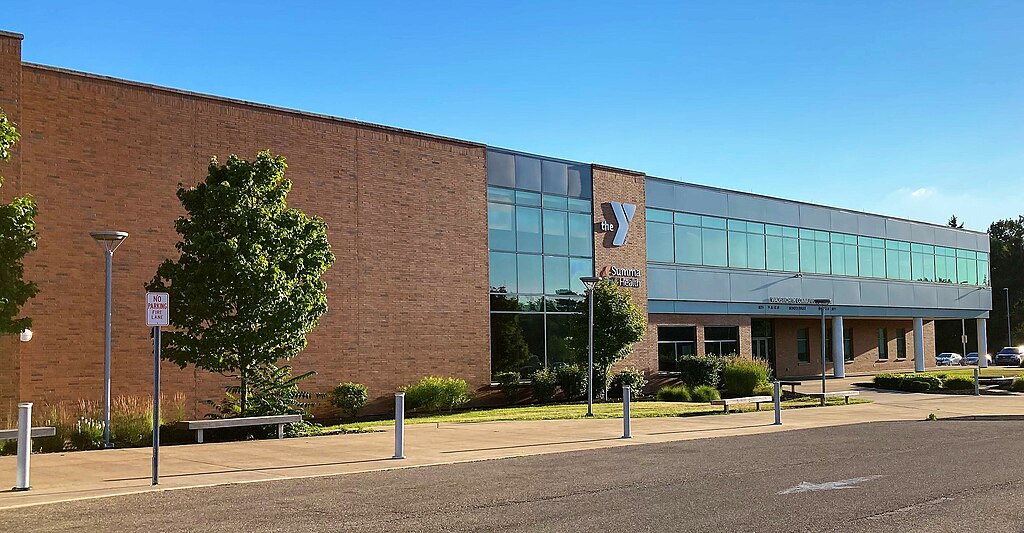Dr. Marc Harrison is a unique figure in the world of venture capitalism. He stands apart from the typical image of a VC chasing after the next big tech sensation or dispensing startup advice online. Instead, his background is firmly rooted in the medical field.
Harrison’s journey began in the late 1980s when he attended medical school. For the past two decades, he has held prominent positions within medical systems, culminating in his role as CEO of Intermountain Healthcare, a non-profit organization based in Utah boasting 33 hospitals and over 63,000 employees.
In a surprising move in late 2022, Harrison made a transition to the venture capital realm by joining General Catalyst, a firm renowned for backing tech giants like Stripe, Snap, and Airbnb. However, this shift wasn’t as drastic as it might seem at first glance.
In January, General Catalyst made waves by announcing its acquisition of Summa Health, a non-profit integrated health system serving over 1,000 inpatient beds across hospitals, community-based health centers, and multi-specialty group practice in northeast Ohio. Summa also operates a health insurance entity.

Under this new arrangement, Summa will transform into a for-profit organization. General Catalyst aims to implement tech-driven solutions to enhance the accessibility and affordability of care. The driving force behind this initiative is the Health Assurance Transformation Corporation (HATCo), a company established by General Catalyst with a long-term vision.
Harrison, now CEO of HATCo, leads the effort to overhaul Summa’s operations, blending digital innovations with traditional care methods. “This is the first holistic transformation of a health system to a thoughtful combination of digital and in-person care,” Harrison explained in an interview with CNBC. However, this ambitious endeavor is still in its early stages.
HATCo and Summa are currently undergoing due diligence, negotiating a definitive agreement, and outlining the specific challenges they aim to address. Regulatory approvals are expected later in the year. Notably, General Catalyst emphasizes that this acquisition is not merely about profit-seeking through cost-cutting measures. Instead, the focus is on leveraging innovation to improve patient care while ensuring financial sustainability.

Despite the novelty of a venture capital firm acquiring a hospital system, General Catalyst has a strong track record in the broader healthcare sector. With a focus on digital health, the firm has been at the forefront of innovation, backing companies like Oscar and Livongo.
However, transitioning a hospital to a for-profit model raises concerns, particularly regarding the impact on patient care and community welfare. Ceci Connolly, CEO of the Alliance of Community Health Plans, acknowledges the innovation potential but expresses reservations about the shift to profit-driven healthcare.
Critics worry that prioritizing profits may compromise patient care and community well-being. Nevertheless, General Catalyst is undeterred, viewing this venture as an opportunity to pioneer transformative changes in healthcare delivery.
HATCo operates independently from General Catalyst’s traditional venture business, focusing on introducing new revenue streams through innovative care models rather than volume-based revenue or cost-cutting measures.
Chris Bischoff, who oversees health investments at General Catalyst, highlights the synergy between innovation and transformation in healthcare. By partnering with health systems like Summa, the firm aims to accelerate the adoption of new technologies and care models.

Summa’s transition to a for-profit entity will be accompanied by a shift towards value-based care, incentivizing preventative care over fee-for-service models. While this transition presents challenges, both organizations are committed to driving sustainable innovation in healthcare delivery. Despite some skepticism within the community, Summa’s leadership remains optimistic about the potential benefits of this partnership.
Mayor Shammas Malik sees an opportunity for transformative change while urging transparency and community engagement throughout the process. For Harrison, this endeavor is deeply personal. His own experience battling cancer underscores the importance of innovation in healthcare delivery. With a background in healthcare leadership and a commitment to transformative change, he’s poised to lead HATCo’s efforts to redefine healthcare delivery.
While the road ahead may be complex, General Catalyst and Summa are determined to demonstrate that profitability and patient care are not mutually exclusive. As Harrison embarks on this ambitious journey, he’s determined to prove that community-based healthcare providers can thrive in a rapidly evolving landscape.